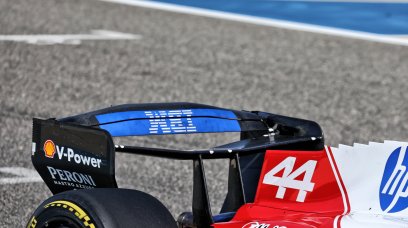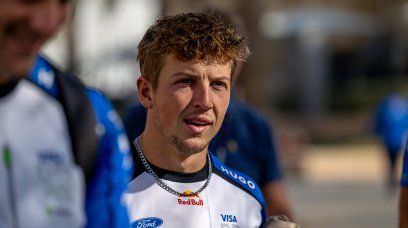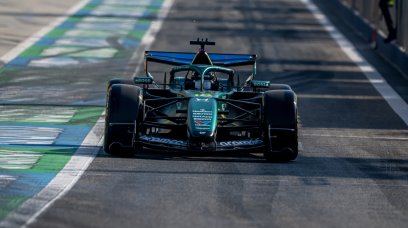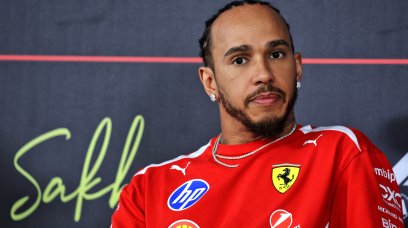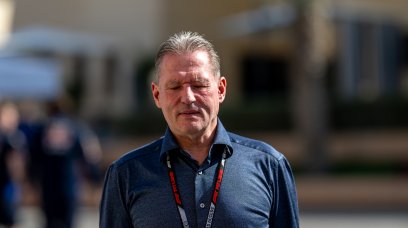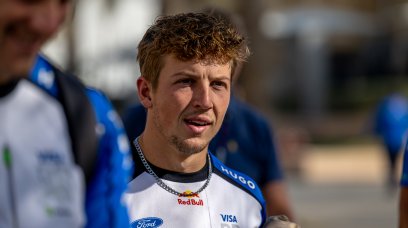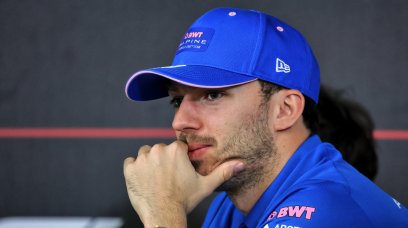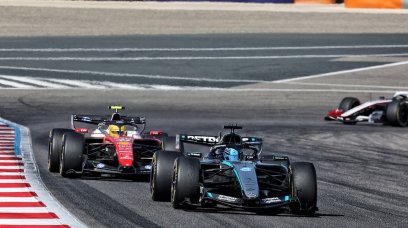McLaren CEO Zak Brown has insisted the end of its long-term relationship with "great partner" Toyota has no bearing on the Japanese manufacturer. The Woking-based team will finally begin operations within its own on-site wind tunnel facility this summer, with the investment part of Brown's outlay for F1 success, along with a number of further improvements across the organisation. These include upgrades to the tools and processes used in the manufacturing process, as well as the influx of top-end talent joining the engineering ranks. Rob Marshal and David Sanchez headline those incoming, with the duo set to start life at McLaren on January 1 when gardening leave periods from Red Bull and Ferrari end. Speaking exclusively to RacingNews365.com , Brown has outlined how McLaren has been able to afford the improvements, why an on-campus wind tunnel is so important and the strength of having Toyota as a partner.
"We were inefficient with some of our spend," explained Brown when addressing the ability to invest in wider areas of the business within the budget cap, despite running at the limit since its introduction to F1. "Our wind tunnel... we were renting a wind tunnel so we were paying a profit, which is fair. But now we don't have to pay a profit because we will have our own wind tunnel. "Then our manufacturing, which we have now refreshed, we were spending money on machines that were going down, big repair bills because machines were old. "So what we have been able to do is still spend at the cap, but free up a good amount of money that we can redeploy in headcount, in areas where we thought we were light, where we were spending the same amount of money but we were spending it inefficiently. "If you rent a wind tunnel, I'm paying more for the rental [than running our own]."
The move away from Toyota's wind tunnel in Cologne - once revered in the F1 world for its developmental potential - has led to questions about whether the facility was holding McLaren back. But Brown has stressed that it was McLaren's own limitations and not Toyota's that have forced the British team to invest in its own facility and end the existing relationship. A key issue is that the distance from Woking to Cologne is some 388 miles [624km], which complicates the process of taking models to and from the wind tunnel and increases operating costs within the budget cap when the added logistics are factored in. This is further complicated by the effects of Brexit, the United Kingdom's withdrawal from the European Union, with border posts and an extra logistical nightmare. With a number of delays and increasing costs creeping into freight travel in recent years, Brown's hand was forced and an on-campus wind tunnel has become a necessity. "Toyota has been a great partner for a long time and it [the break] has not been because of Toyota's wind tunnel. "For example during Covid, if one guy gets Covid, the whole team stops. If we break something on our model, instead of walking 100 yards down the road to fix it, you have got to fix it and stick it on a plane and then you've got Brexit. "So the Toyota wind tunnel was great. Toyota has been a great partner, very reactive, with a great wind tunnel. The challenge we have had is that the wind tunnel is in a different country and the challenges that come along with that, that's been our inefficiency. "The financial spend, because when you're renting, you're paying more than if you have one here, that has been our wind tunnel challenge. They have been a great partner, the wind tunnel has been fine."
Toyota has been a great partner, very reactive, with a great wind tunnel.
Zak Brown - McLaren CEO
Toyota's wind tunnel is, rather unsurprisingly, more suited to sportscars given its lack of involvement in single-seater racing. This is because sportscars race with covered wheels and thus carry different aerodynamic profiles when turning a corner, which takes away the need for dynamic tunnel walls to help change the profile of the test flow. The facility could be adapted to include dynamic walls which would provide a better reading for an open-wheeler's aerodynamic profile, though McLaren opted against investing in the changes. "We have chosen not to invest in it because we were investing in our own," explained Brown. "We could have invested in that, it was our decision to invest in our own wind tunnel. "It was our decision, not Toyota's decision."
Most read
